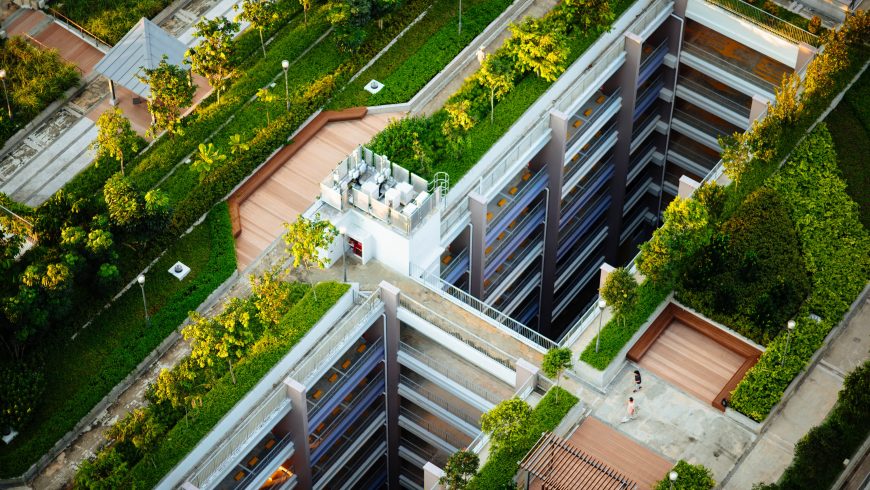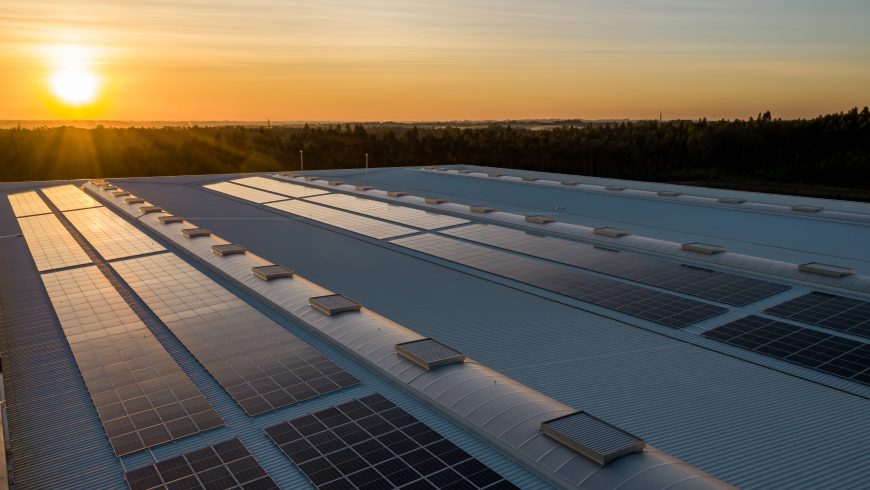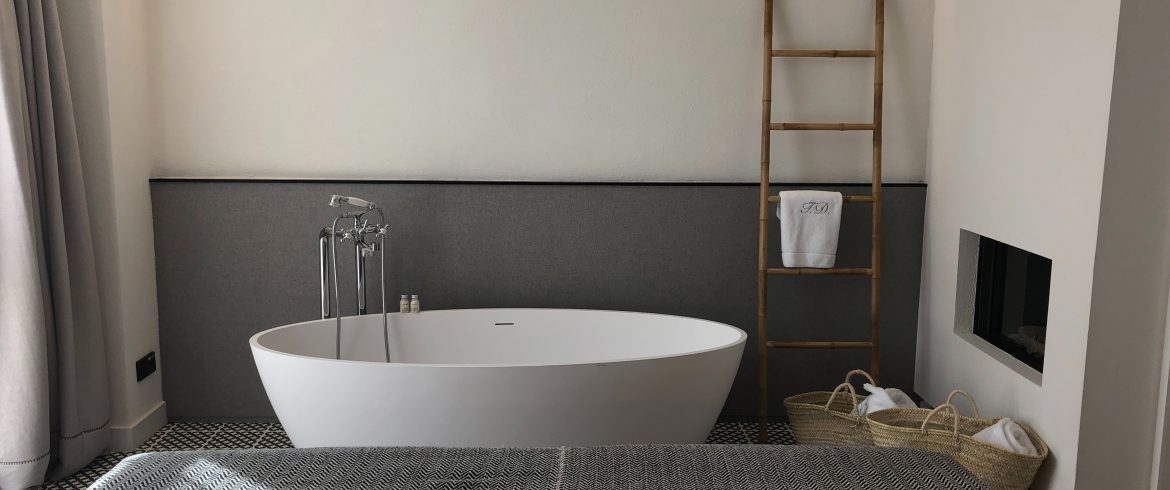Concerns about the environment are increasing, and so is the popularity of eco-friendly methods. As these topics grow more prominent, people in all spheres need to continue to broaden their understanding of sustainability, especially when it comes to venues, vendors, and other event services professionals. One such subject is eco-friendly hotel amenities. From the most affordable to some of the most expensive, many hotels aim to make their practices more environmentally friendly. These sustainable initiatives in the hospitality industry can provide event planners with additional factors to weigh in when selecting hotels for their customers, whether as a site for the event or as the choice of accommodation for their guests.
What exactly is an eco-friendly hotel?
An eco-friendly hotel is developed or run in such a manner that both the carbon footprint of the company’s operations and the carbon footprint of people who work and stay there are minimized. These eco-friendly amenities are planned and implemented to have a better impact on the environment and the local community.

The importance of eco-friendly hotel amenities
As consumer knowledge of environmental issues grows, an increasing number of hotels are turning to green practices to address their guests’ environmental concerns and improve their image. However, there are many reasons to implement green technology and sustainable practices into a hotel’s organization.
Consumers prefer eco-friendly solutions
Consumers emphasize the need for eco-friendly hotel amenities – According to a poll conducted by Booking.com, 83% of worldwide travelers prefer green travel choices. Also, 67% are ready to spend extra for low-carbon travel. Even 53% admit to being irritated when a place they stay at prevents them from being environmentally friendly, such as by not having recycling facilities. Additionally, an Accor survey has shown that 70% of travelers choose a hotel with sustainability credentials.
It’s not just vacationers either. Companies want to organize their conferences in environmentally friendly settings. When looking for venues and hotels, 75% of firms inquire about green credentials. We can see that consumers are willing to adopt a more sustainable approach to all aspects of their life. As this green movement develops, so will the prioritization of hotels with eco-friendly amenities.
Sustainable hotel concepts save money
Sustainability does not just appeal to consumers; it also directly benefits hotels in the long run. The primary goal of sustainability initiatives is to improve efficiency, which frequently entails conserving energy and resources, utilizing free renewable resources, and reducing waste.

When implemented effectively and regularly, decreasing operating costs and waste can result in significant, continuous savings for a hotel. Although the initial capital investment for some of these projects may be high, the benefits will more than compensate for the cost over time – even something as basic as an energy management system can considerably lower power bills.
It benefits the community
Hotels are very much a part of their community — especially when they are locally owned and operated. Travelers look at them as their entry point into that part of the globe. Sustainable development is more than just eco-friendly hotel amenities; it is also about creating a sustainable center in your community by fully utilizing local goods and products.
Local farmers in the area would benefit greatly from the use of locally farmed goods by eco-friendly hotels. It would also reduce the use of other energy resources that would otherwise be necessary for food transportation. As a result, carbon emissions will lower, as well.
Conserving energy
Hotels worldwide are trying to decrease energy use while maintaining – and, where possible, improving – the guest experience. A hotel undoubtedly uses a significant amount of electricity, particularly in the lighting, air conditioning, and water heating sectors.

Sustainable solutions mainly target core operations such as boilers or lighting, culinary facilities, and automated energy management systems. You can find a variety of other eco-friendly solutions by adopting the concept of green living. That covers options such as solar and wind power. In both scenarios, energy is generated from renewable resources and is then used.
Conserving water
Hotels utilize an enormous amount of a critical, limited resource — freshwater. Though water is technically renewable, our planet has just 3% usable water, and it is being depleted at an alarming rate. As a result, the sustainability of water as a renewable resource is uncertain.
Eco-friendly hotels adopt innovations that save water and, in many cases, reduce chemicals needed to treat water systems and clean facilities. Efforts vary from the now-standard linen and towel reuse programs to low-flow faucets, showerheads, and other fixtures. This is critical for all hotels, but especially for those in water-stressed locations where hotel operations can directly and severely impact the surrounding natural environment and community.
Waste Reduction and Recycling
We all know that waste management is a big part of sustainable practices. Recycling systems for items such as newspapers and beverage containers are becoming the norm. In addition to recycling, hotels are searching for ways to minimize their usage of paper and other disposables. Hotels and resorts also try to implement food waste composting programs.

Eco-friendly hotels should ensure that room amenities, such as toiletries, soap, and shampoo, are organic and packaged in biodegradable containers. Reusable glasses should be used in place of plastic cups.
Final thoughts
The use of eco-friendly hotel amenities has a significant impact on the preservation of natural resources. Along with it, ecotourism has become one of the world’s fastest expanding markets. People are becoming more interested in eco-friendly housing. It allows people to respect and appreciate nature and its beauty. It also encourages a sense of contributing to the protection of our planet. There is no universally prescribed approach; instead, it is about placing your distinctive mark on what sustainability means to your company and implementing it.
Cover image: photo by John Cameron on Unsplash





